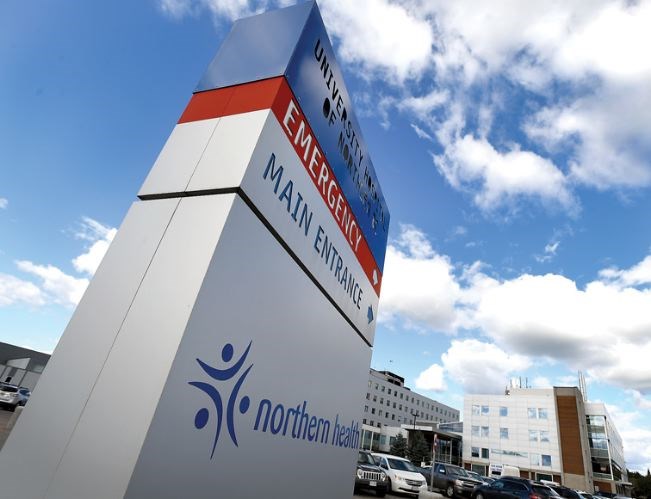Hoping to improve relationships between healthcare providers and First Nations people, health agencies in B.C. have been working to offer medical students the chance to take part in cultural exchange programs on rural and remote reserves.
Since 2012, over 40 undergraduate medical students have taken part in the First Nations Community-based Learning Program.
The program is the result of a partnership between Northern Health, the First Nations Health Authority, the Northern Medical Program and the Health Arts Research Centre. Organizers say the goal of the program is to help students become better practitioners by learning about First Nations culture, history and traditional medicine.
In the program's six-year history, students have visited several communities including Burns Lake, Old Massett, Nak'azdli, Gitlaxt'aamiks, Kispiox and Fort Babine.
Margo Greenwood, the vice-president of indigenous health at Northern Health, said the program began after Northern Medical Program faculty and healthcare professionals realized the importance of giving students firsthand experience of life on northern reservations.
"Many of the students that come to the Northern Medical Program do not necessarily come from the north," Greenwood said. "A lot of these students had no idea what it even meant to go on reserve to engage with indigenous people. Often times, we hadn't had that opportunity for that experience."
Today, students who have taken part in the weekend cultural program often speak of it in reverent terms.
"It was absolutely life-changing for these folks," Greenwood said.
Christine Kennedy graduated from the Northern Medical Program last week and will soon be starting a residency in Prince George. As part of her education, she applied to the program and spent a weekend in Hagwilget, about an hour west of Smithers.
"I think the goal of this project in general was for people going into the medical profession to have a broader worldview and also a deeper cultural understanding of indigenous health," Kennedy said.
She and another student ended up staying in the home of the mother of a colleague. The weekend included a traditional feast, as well as a celebration of life for a respected member of the community who had recently passed away.
Kennedy said the experience will make her a better health professional.
"If you want to be of service to northern and rural communities, I think it's incredibly important for you to at least strive to understand the different communities that you will be serving."
The program may also help retain more qualified healthcare professionals in the region.
Leah Trippell, a second-year medical student based in Kelowna, took part in a session of the Community-based Learning Program in Fort St. John last month. The weekend included a health conference in the town, as well as visits to the Blueberry River First Nation, 45 minutes north.
Trippell said the experience has sparked her interest in one day practicing in the north.
"I don't know if it will be long-term or what that will look like but it would be really valuable to be able to spend some time in a northern smaller community and practice medicine there," Trippell said.
For Trippell, the cultural program allowed her to see examples of how traditional medicine and cultural can be incorporated into western medicine.
She heard a story of a community member, whose wife gave birth after an emergency C-section. The man was able to sing a traditional welcome song, in the delivery room, during the birth of his son.
Trippell said stories like this gave her insight into ways the medical system could become more inclusive for First Nations people.
"I think it gave us an opportunity to be able to say 'hey, that's something that we could make happen for our patients,'" she said.
"It's something that you don't even know that there's a need for unless you're willing to connect with your patients."
Many health practitioners have encountered wariness of the medical system from First Nations patients. Much of this distrust is based upon documented history; memories of residential schools, as well as incidences of forced sterilization, are still raw for many.
Greenwood said the Community-based Learning Program is one step, taken by several health agencies in partnership, that could help create more trust for healthcare professionals in northern communities.
"That to me is exciting because we mend and we heal our relationship by being real with one another," she said.


